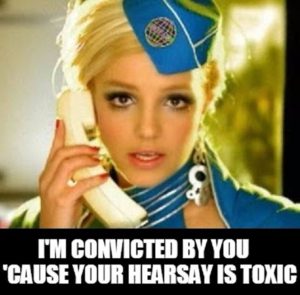In United States v. Mendlowitz, No. 21-2049-cr (2d Cir. March 2, 2023) (summary order), the Second Circuit affirms the defendant’s wire fraud convictions, despite possible evidentiary errors and the district court’s refusal to ask about “potential antisemitic bias” during jury selection.
On appeal following trial, the defendant challenged the district court’s exclusion of a proffered expert witness and a recorded conversation between the defendant and a cooperating witness. The Circuit largely agreed with defendant’s arguments: it recognized that, contra the district court, the proffered expert testimony about standard industry practices would have been relevant to the defendant’s good faith defense. The expert testimony also would have provided relevant information outside the average juror’s knowledge and beyond any government witness testimony.
With respect to the recorded conversation, the defendant argued that it reflected his state of mind at the time of the charged conduct and supported his defense. The district …

